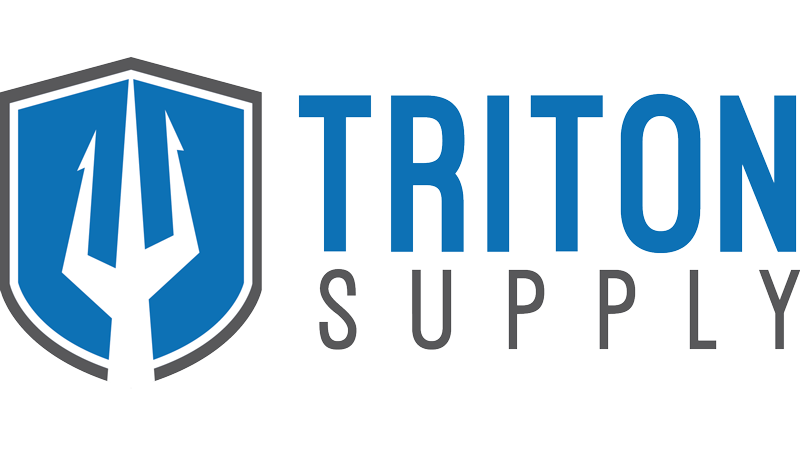Understanding the Link Between Incontinence and Mental Health
Living with incontinence can be challenging, both physically and emotionally. If you’ve been feeling weighed down by anxiety, shame, or isolation, please know you are not alone. At Triton, we believe it’s time to create a safe, open space for talking about incontinence and its impact on mental well-being.
How Does Incontinence Affect Mental Health?
The impact of incontinence goes beyond physical symptoms. It can ripple into your emotional life, leaving you feeling disconnected or even anxious about your daily routines. Many people withdraw from social activities due to fear of accidents or embarrassment, leading to feelings of loneliness, confusion, or even depression. But it’s important to remember this cycle isn’t permanent. These are strategies and tools to help you regain your confidence.
Ways to Support Mental Wellness While Managing Incontinence
Here are some actionable steps to help you take control and care for your mental health:
- Find Your Support Network
You don’t have to face this alone. Whether you confide in a close friend, join an online community, or share helpful resources, connecting with others is empowering.
- Reconnect with Joyful Moments
Take small but meaningful steps toward getting back to activities you love. Whether it’s meeting with a friend, attending an event, or revisiting a hobby, these connections can positively impact your mood.
- Boost Your Confidence with the Right Tools
Knowing you’re prepared can ease worry. Choosing reliable, discreet incontinence products gives you the freedom to focus on living your life instead of worrying about leaks.
- Stay Active
Social and physical activities aren’t just great for your health; they release serotonin and dopamine, boosting your overall mood and well-being.
For Caregivers and Family Members
If you’re supporting a loved one living with incontinence, you play a key role in their emotional well-being. Here’s how you can help:
- Encourage open, judgment-free conversations to help them share their feelings.
- Help create a personalized plan that balances independence and support.
- Foster moments of joy, whether it’s a shared coffee date or encouraging hobbies, as they can be powerful mental health boosters.
Don't Overlook the Basics
Living well with incontinence begins with having the right tools and support in place:
- Talk to a healthcare professional about how incontinence may be impacting your mental health. Prioritizing emotional wellness is as important as caring for physical health.
- Set small, tangible goals, like trying a new product that better suits your needs or setting aside time to do something you enjoy. Rebuilding confidence starts one step at a time.
Triton is Here for You
At Triton, we believe your life shouldn’t revolve around worry or limitations. That’s why we offer products that give you the peace of mind you deserve. With us, you’ll have the tools to approach each day confidently and comfortably.

